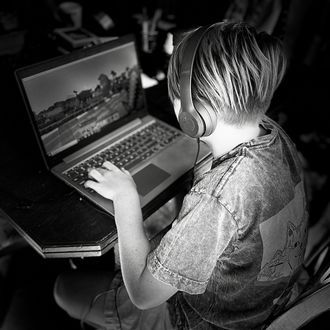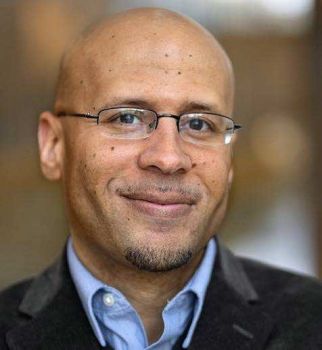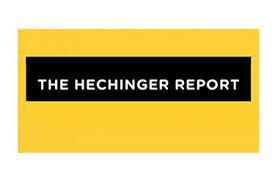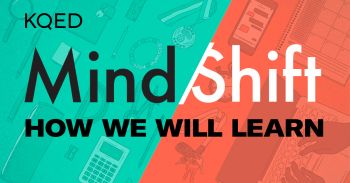News
Middle Schoolers Can Finally Take Off Their Masks. Why Some Really Don’t Want To.
February 28, 2022Los Angeles Times' reporter Deborah Netburn spoke with our Co-Executive Director Andrew Fuligni, PhD, about how middle schoolers may be feeling now that masking will no longer be required in schools.
Press Releases
February 25, 2025: Announcing the UCLA Center for the Developing Adolescent’s 2024 Annual Report
January 17, 2023: New Guides Help Organizations Build Effective Youth Engagement Programs
August 16, 2021: New Report Examines Intersection of Anti-Black Racism on Youth Development
November 30, 2020: Center for the Developing Adolescent Announces New Advisory Board Members
October 1, 2020: Center for the Developing Adolescent Announces New Leadership
Stay in the Know

Facebook’s Own Data Is Not as Conclusive as You Think About Teens and Mental Health
October 6, 2021NPR spoke with Candice Odgers, PhD, psychologist at UC Irvine and Duke University and member of our National Scientific Council on Adolescence, about why Facebook's marketing data on youth and social media—the subject of testimony to a Senate panel—doesn't match the research.

Report Offers Suggestions for Supporting Teens Experiencing Racism
September 27, 2021Natinal Scientific Council on Adolescence (NSCA) Co-Directors Dr. Joanna Williams and Dr. Jennifer Pfeifer spoke with Oregon Public Broadcasting's Think Out Loud about the the most recent council report on how anti-Black racism affects adolescents and how to support Black adolescents.

Plain Talk and Clear Guidance on Anti-Black Racism from a Council of Adolescent Scientists
September 22, 2021Karen Pittman, Founder and Senior Fellow of the Forum for Youth Investment (FYI) and member of our Advisory Board, offers a beautiful summary of the “stony optimism” of the NSCA’s first report, The Intersection of Adolescent Developing and Anti-Black Racism.

Teenagers Aren’t as Lonely in Lockdown if Interacting Positively Online
September 3, 2021A new study by our friend Dr. Lucía Magis-Weinberg at UC Berkeley, co-authored by CDA board director Dr. Ron Dahl and others, found that adolescents in Peru who used tech to connect online reported less loneliness during COVID-related lockdowns.

Dr. Anthony Burrow is One of Four Cornell Faculty Awarded with Endowed Professorships
August 25, 2021National Scientific Council on Adolescence member Dr. Anthony Burrow was named the Ferris Family Associate Professor of Life Course Studies in Cornell’s newly formed Department of Psychology. Congratulations, Tony!

Calculating the Emotional Cost of Remote Learning
August 19, 2021CDA board chair Dr. Ron Dahl talks with reporter Rebecca Bodenheimer about the effects of pandemic-related distancing on the social-emotional learning that is so central to adolescent development.

Middle School’s Moment: What the Science Tells Us About Improving the Middle Grades
August 18, 2021Reporter Kelly Field talked to experts including our Co-Executive Director Dr. Andrew Fuligni and board chair Dr. Ron Dahl about how to fix the developmental mismatch between middle schools and the needs of young adolescents.

‘Don’t go back to the old normal’: Opportunities for Adolescent Learning Revealed by COVID-19
July 14, 2021If there's a silver lining to the pandemic it's this: A chance to return to a better "normal," one that supports the remarkable opportunities for learning during adolescence. Our Co-Executive Director, Adriana Galván, and others spoke about that opportunity at the Education Writer Association's 2021 National Seminar.

Stop the Freakout Over Kids’ Screen Time
July 2, 2021Dr. Candice Odgers, UC Irvine psychology professor and member of the National Scientific Council on Adolescence, was one of the researchers interviewed about what the science REALLY says about kids' digital media use.
